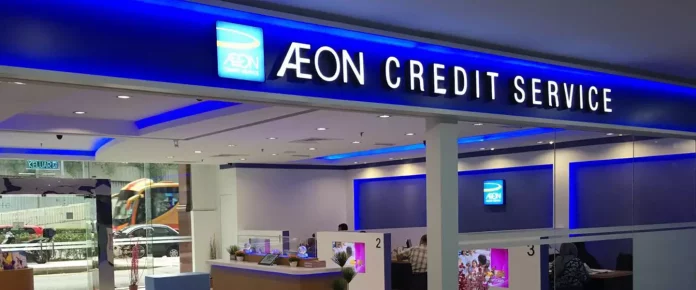Aeon Credit Service (ACSM) has recently secured a RM600 million sustainability-linked loan. The proceeds will be utilised to extend financing facilities to micro, small & medium enterprises and borrowers looking to purchase electric motorcycles and scooters, as well as to improve the group’s internal carbon emissions. The group aims to disburse RM5 million of the sustainability-linked loan in financial year 2024.
RHB Research (RHB) in the recent Malaysia Company Update Report said the tone of the management heading into financial year 2024 future (Feb) struck them as cautiously optimistic, with an emphasis on controlled, quality receivables growth to mitigate asset quality pressures.
Despite the muted earnings growth expected in financial year 2024 future, sector-best return on equity and an undemanding valuation lead RHB to favour Aeon Credit Service among non-bank lenders. Return on equity is a measure of financial performance calculated by dividing net income by shareholders’ equity.
As macroeconomic headwinds persist, management believes that quality receivables growth will be crucial in financial year 2024 future. The group is still intending to grow receivables at 10% year-on-year, but will be placing more focus on customers with higher credit scores, particularly for its objective financing segment, as smartphone financing forms a significant portion of non performing loans.
Other key growth areas would be credit cards through the Aeon retail ecosystem, vehicle financing, particularly mopeds and used cars and personal financing.
Management is expecting some asset quality stress in financial year 2024 – non performing loans are expected to inch upwards to 3-4% from the financial year 2023 close of 2.89%. This is due to a squeezing of borrowers’ cash flow from inflationary pressures, but the group is comfortable with an loan life coverage ratio of 252% and overlays of RM105 million (c.13% of total provisions).
Credit costs are expected to creep slightly higher in financial year 2024, but a resumption of repossession activities should allow for better recoveries. Further out, ACSM’s refreshed focus on customers with stronger credit quality should be positive for non performing loans and credit costs.
Key risks identified by RHB include weaker-than-expected receivables growth, higher-than-expected credit costs and weaker-than-expected yields/margins.









